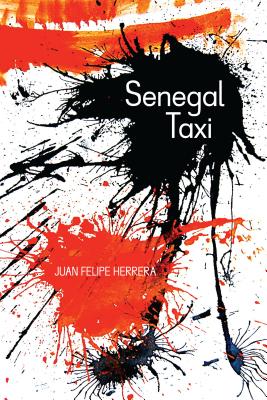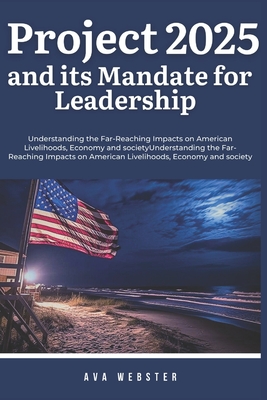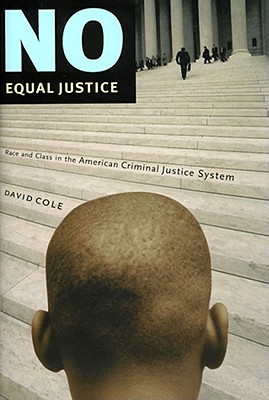
description
7"I wish I could find the words to tell you the story of our village after you were killed." So begins Senegal Taxi, the new work by one of contemporary poetry's most vibrant voices, Juan Felipe Herrera. Known for his activism and writings that bring attention to oppression and injustice, Herrera turns to stories of genocide and hope in Sudan. Senegal Taxi offers the voices of three children escaping the horrors of war in Africa. Unflinching in its honesty, brutality, and beauty, the collection fiercely addresses conflict and childhood, inviting readers to engage in complex and often challenging issues. Senegal Taxi weaves together verse, dialogue, and visual art created by Herrera specifically for the book. Stylistically genre-leaping, these many layers are part of the collection's innovation. Phantom-like televisions, mud drawings, witness testimonies, insects, and weaponry are all storytellers that join the siblings for a theatrical crescendo. Each poem is told from a different point of view, which Herrera calls "mud drawings," referring to the evocative symbols of hope the children create as they hide in a cave on their way to Senegal, where they plan to catch a boat to the United States. This collection signals a poignant shift for Herrera as he continues to use his craft to focus attention on global concerns. In so doing, he offers an acknowledgment that the suffering of some is the suffering of all.
member goods
No member items were found under this heading.
Return Policy
All sales are final
Shipping
No special shipping considerations available.
Shipping fees determined at checkout.







